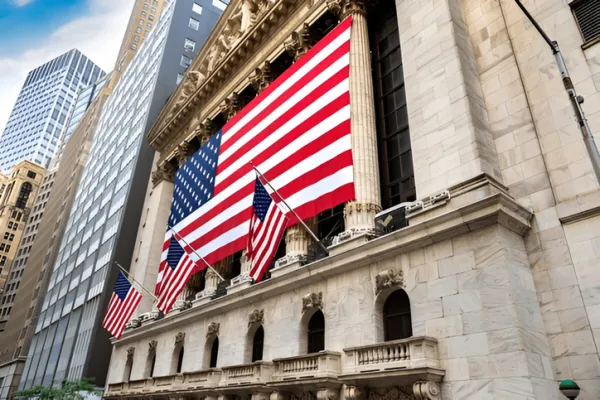With the benefit of hindsight, many of the challenges that confronted investors and strategists at the start of 2016 were straightforward relative to those they face today. This is not to belittle the dangers that lay ahead for the global economy at the start of 2016, which were formidable. But the challenges were largely identifiable and measurable, and their likely impact was long-term and gradual.
Foremost among those was the structural adjustment to the Chinese economy, which was – and still is – the world’s worst-kept investment secret. “It is very clear that there is excess capacity in China, which is still the main source of risk for the global economy,” says Richard Kelly, Head of Global Strategy at TD Securities. To date, however, he adds that the authorities have managed the adjustment of the Chinese economy in an orderly and gradual way, which is minimizing its impact on the global economy.
This is very different to the most recent jolt to global economic stability, which was the surprise result of the UK’s referendum on EU membership in June. In isolation, says Kelly, Brexit’s long term impact on the global economy need not be as destabilizing as some strategists have feared. But he adds that the shock of the UK referendum is redefining investment strategies in two key ways.
The first arises from the rapid emergence of politics as a driver of global rates and currency markets, the influence of which is likely to become increasingly decisive over the coming 12-18 months on either side of the Atlantic. “We see the Brexit shock as the first of a number of event risks generated by political hurdles that investors will have to address over the next year or two,” says Kelly. “As well as the US Presidential election this year, France and Germany both go to the polls in 2017. This means that more so than at any time in recent decades, developed markets will be driven by political decisions.” As Kelly adds, if those political choices lead to seismic developments such as a French exit from the EU, their impact will be immeasurably more unsettling than Brexit.
The second way in which the Brexit shock has redefined the global landscape, says Kelly, is that it has forced the market to shorten its investment horizons. “In this environment, it is impossible to make a reasonable risk-reward assessment over a time horizon of more than one to three months,” he says. That, he adds, will inevitably redefine or restrict opportunities available to investors. “It is always easy to make money in a trending market,” he says. “But in this environment there are very few long-term trends, which makes alpha generation much more challenging for investors.”
A by-product of the increasingly pervasive influence of politics and the enforced shortening of investment horizons, says Kelly, is that developed markets now share many of the characteristics of emerging economies. “We are now facing uncertainty not just about policy decisions but also about how markets and economies function,” he says. “This was traditionally a feature of emerging markets, but is now becoming increasingly prevalent across the developed world.”
The good news, Kelly adds, is that even within these shortened windows, it is possible to draw reasonably sound investment conclusions. In the case of Brexit, for example, he says that the collapse in sterling that was prompted by the referendum result was entirely consistent with the expected response of the Bank of England to a Leave vote. “Although nobody could have forecast with any certainty whether Britain would vote to leave the EU, it was clear that it would force structural adjustment on the economy for many years to come,” he says. “That strengthened our conviction that sterling would fall in the aftermath of the referendum towards the 1.20 to 1.25 range, and that with the Bank of England needing to ease rates, there would have to be renewed QE which would flatten the yield curve.”
The less positive news, says Kelly, is that investors generally put less capital to work in markets driven by shorter-term influences. This in turn reduces liquidity, which can create a negative feedback loop for investors.
None of this means that it is no longer possible to invest profitably in today’s highly uncertain markets. Nor does it mean that markets should play less of a role in determining the rates at which currencies need to trade in order to underpin long-term economic adjustment. It does, however, mean that as well as assessing market opportunities through a shorter term prism, successful investment strategies will be predicated on agility and flexibility in identifying FX-driven opportunities. “This is no longer an environment that is conducive to rates trading,” says Kelly. “To generate a reasonable yield in this market investors will need to be prepared to take on country or currency risk instead.”





